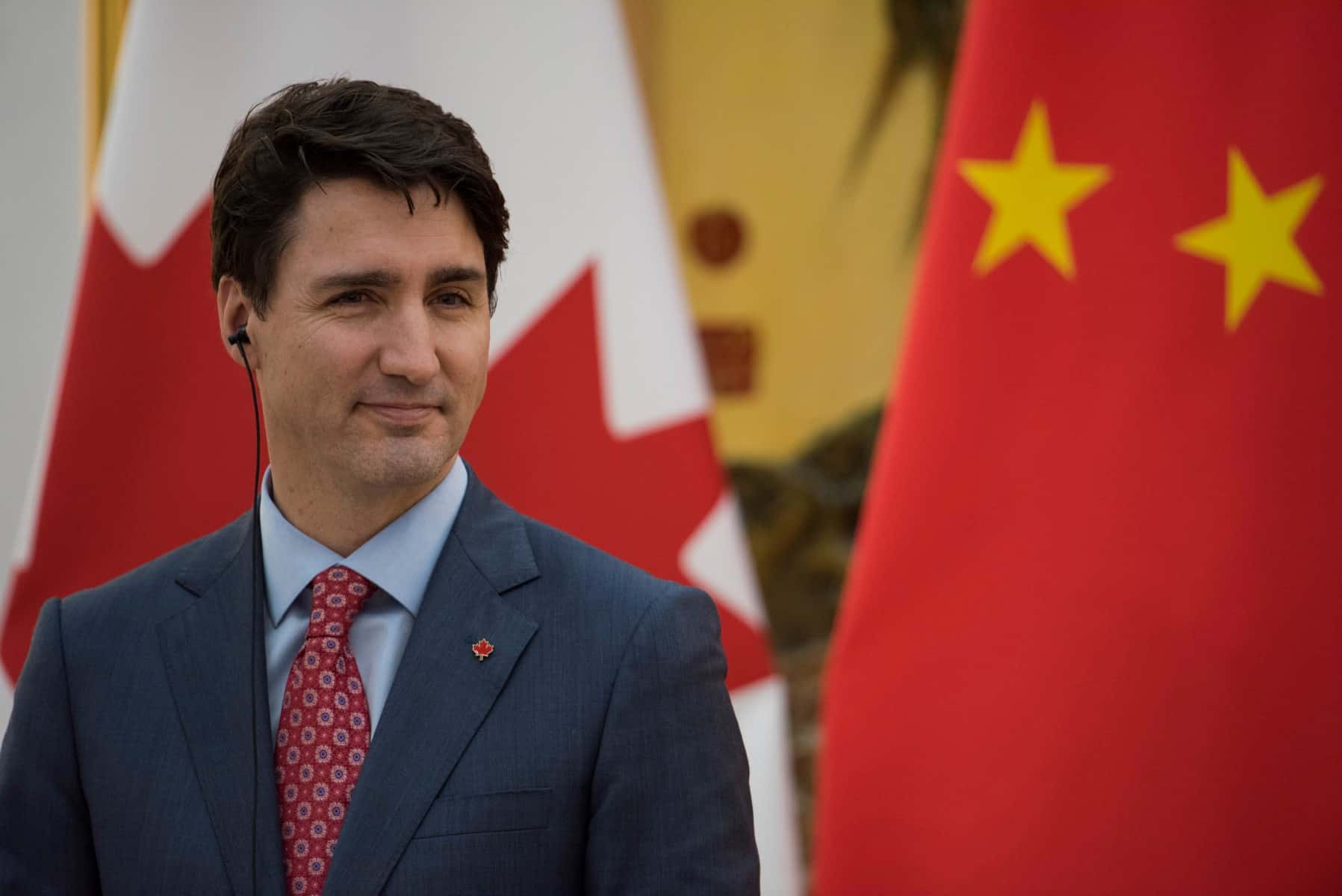Ottawa, Canada–A senior Canadian diplomat was ordered to leave India on Tuesday, New Delhi’s foreign ministry said, hours after Ottawa expelled an Indian diplomat over the killing of a Sikh separatist near Vancouver.
New Delhi’s decision reflected its “growing concern at the interference of Canadian diplomats in our internal matters and their involvement in anti-India activities”, the foreign ministry said in a statement.
Canada on Monday accused India’s government of involvement in the killing of a Canadian Sikh leader near Vancouver last June, and expelled New Delhi’s intelligence chief in Ottawa in retaliation.
The accusations, which India rejected as “absurd,” sent already sour relations between Ottawa and New Delhi to a dramatic new low.
Prime Minister Justin Trudeau told an emergency session of the parliamentary opposition at mid-afternoon that his government had “credible allegations” linking Indian agents to the slaying of an exiled Sikh leader, Hardeep Singh Nijjar, in June in British Columbia.
“The involvement of any foreign government in the murder of a Canadian citizen on Canadian soil is an unacceptable violation of our sovereignty,” Trudeau said.
He called “in the strongest possible terms” on the Indian government to cooperate in clearing up the matter.
Foreign Minister Melanie Jolie said the Trudeau government had taken immediate action.
“Today we have expelled a senior Indian diplomat from Canada,” she said, without naming the official.
Jolie said the expelled Indian is the head of the Research and Analysis Wing (RAW), India’s foreign intelligence agency, in Canada.
Nijjar, whom India had declared a wanted terrorist, was gunned down on June 18 in Surrey, a suburb of Vancouver that is home to a major Sikh community.
Britain, according to media reports, said on Tuesday it was in close touch with its Canadian partners about “serious allegations” from Ottawa that the Indian government was involved in the murder of a Sikh separatist leader in Canada.
“We are in close touch with our Canadian partners about these serious allegations,” a government spokesperson said.
“It would be inappropriate to comment further during the ongoing investigation by the Canadian authorities.”
Australia is deeply concerned by allegations raised by Canada linking Indian government agents to the murder of a Sikh separatist leader in British Columbia province, a spokesperson for foreign minister Penny Wong said on Tuesday.
“Australia is deeply concerned by these allegations and notes ongoing investigations into this matter,” the spokesperson said.
“We are closely engaged with partners on developments. We have conveyed our concerns at senior levels to India.”
Canada has the largest population of Sikhs outside of Punjab, India.
Nijjar advocated for the creation of an independent Sikh state to be carved out of parts of northern India and perhaps part of Pakistan.
New Delhi had accused Nijjar of carrying out terrorist attacks in India, a charge he denied.
India’s foreign ministry on Tuesday rejected Canada’s claims of involvement in his death.
“Allegations of Government of India’s involvement in any act of violence in Canada are absurd and motivated,” the ministry said in a statement, adding: “We are a democratic polity with a strong commitment to rule of law.”
It said Trudeau — who visited New Delhi this month for the G20 summit — had already made similar allegations to Indian Prime Minister Narendra Modi, and that they had been “completely rejected”.
Tense Modi, Trudeau G20 meeting
Tensions between India and Canada have been simmering over the unsolved slaying, and Indian unhappiness over how Ottawa has handled right-wing Sikh separatists.
New Delhi accuses Ottawa of turning a blind eye to the activities of Sikh nationalists who seek a separate Sikh homeland in northern India.
A former adviser to Trudeau, Jocelyn Coulon, asserted that Canada’s accusation would have “the effect of a bomb around the world.”
India will join “the group of nations that assassinate political opponents” abroad, said Coulon, who is now an independent researcher.
Tensions between the two nations flared during the G20 summit.
Modi expressed “strong concerns about continuing anti-India activities of extremist elements in Canada” during a meeting with Trudeau, according to an Indian government statement.
India has often complained about activities of the Sikh diaspora abroad, particularly in Canada, which New Delhi believes could revive a Sikh separatist movement.
The Indian state of Punjab, which is 58 percent Sikh and 39 percent Hindu, was rocked by a violent separatist movement in the 1980s and early 1990s, in which thousands died.
Canada also recently suspended negotiations for a free trade agreement with India.
Trudeau later told media that Canada would always defend “freedom of expression, freedom of conscience and freedom of peaceful protest” while acting against hatred.

